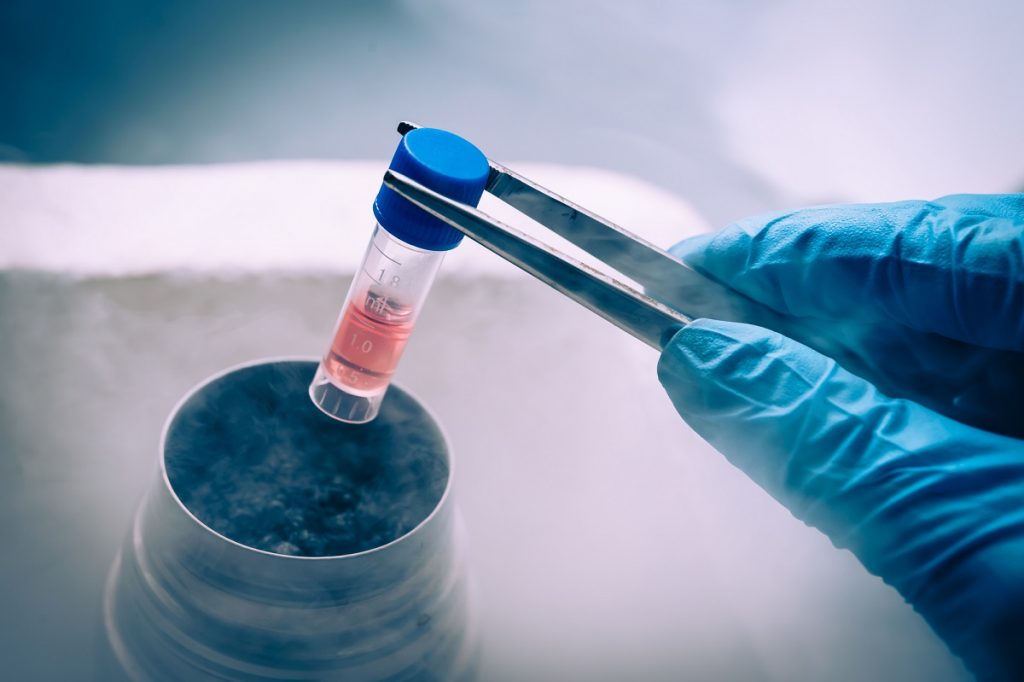Israeli-American stem cell therapeutics company BrainStorm Cell Therapeutics Ltd., which develops adult stem cell therapeutics for neurodegenerative diseases, announced that it received approval from the US Food and Drug Administration (FDA) to begin a Phase II clinical trial of an investigational new drug (IND) for the treatment of progressive multiple sclerosis (MS).
BrainStorm said it was the first company to receive such approval from the FDA for the drug NurOwn (MSC-NTF), as there is currently no FDA-approved therapy that addresses more than one progressive form of MS.
MS affects approximately a million individuals in the US and 2.5 million individuals worldwide, the company says, approximately half of whom will eventually develop progressive disease. This may lead to increased levels of motor, visual, and cognitive functional impairment and disability.
BrainStorm is currently in the midst of a Phase III clinical trial of autologous MSC-NTF cells for the treatment of amyotrophic lateral sclerosis (ALS). BrainStorm says NurOwn (MSC-NTF) cells represent “a promising investigational therapeutic approach to targeting disease pathways important in neurodegenerative disorders.”
The phase II study for progressive MS is expected to start in early 2019.
“This is an extremely exciting moment as we expand BrainStorm’s pipeline by introducing a new indication for NurOwn in neurodegenerative disease,” said Chaim Lebovits, president and CEO of BrainStorm, in a statement. “Through this trial, we are advancing a novel treatment modality into clinical-stage testing for progressive MS in early 2019.”
Dr. Bruce Bebo, executive vice president of research at the National MS Society, said: “We are excited about the launch of early testing of this cell-based approach to treating progressive MS, for which there are few treatment options. We look forward to better understanding the potential benefits and safety of this and other cell-based therapies for MS.”
Dr. Fred Lublin, director of the Corinne Goldsmith Dickinson Center for Multiple Sclerosis at Mount Sinai Medical Center and Saunders Family Professor of Neurology at Mount Sinai School of Medicine in New York said BrainStorm’s innovative cell therapy approach may lead to “a new treatment option for patients with progressive MS.”
“We are particularly pleased to see a scientifically rigorous approach to advance the science of stem cell therapeutics,” he added.
BrainStorm also develops therapies for Parkinson’s Disease and Huntington’s Disease.
Related posts

Israeli AI Safety Tool Among TIME’S Best Inventions For 2024

TAU Team Discovers Mechanism To Eliminate Cancerous Tumors

Ashdod Port Investing In Startups As Part Of Innovation Strategy




Facebook comments